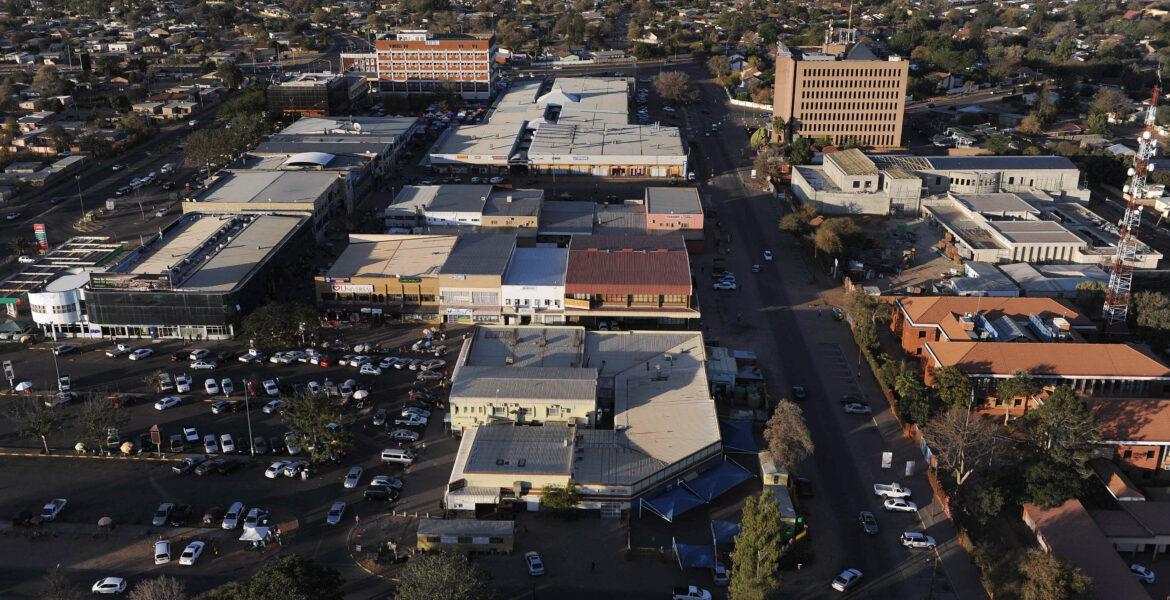Africa-Press – Botswana. Reluctance to release land in the proximity of villages impedes availability of land for allocation, principal human resources and administration officer at Tati Land Board, Mr Olebile Maphuru, has said.
Speaking during the North East District Leadership Strategic Planning Workshop, Mr Maphuru said although farm and ranch owners continued to refuse let go off their land, the board was eager to scout and purchase.
Mr Maphuru said it had become apparent that some land owners were still holding onto their plots in order to scale the ever increasing market rates to make a kill as the value of the plots appreciate with time.
“In future allocations, land hooding would be conducted for better market rates,” said Mr Maphuru adding that registration of old plots was at a snail pace.
He noted that production of base maps was slow, adding that it took many years planning for a piece of land which could either degrade or streams forming in that land.
Mr Maphuru noted that synchronization of planning was not done and that ultimately ended up with diverse outcomes after plot allocation.
On other issues, Mr Maphuru said some plots were not developed due to some circumstances like lack of water and finances.
He said some allocations were delayed by disputes between village boundaries that were still on further consultations and arbitration.
District Health Management Team (DHMT) coordinator, Ms Kelebeletse Mokobela said during 2021/2022, her office recorded 139 teenage pregnancies, while in 2022/2023 they recorded 151 pregnancies.
Ms Mokobela noted that there was also high prevalence of Sexually Transmitted Infections (STIs) as they recorded 3 485 cases during 2021/22 and also recorded 3 404 cases in 2022/2023.
“There was 30 per cent HIV/AIDS high prevalence and STIs during post COVID-19 period,” she said.
Ms Mokobela said there were some emerging outbreaks of diseases in the districts that include among others polio, measles, diarrhea and cholera detected in neighbouring countries.
On the other hand, Ms Mokobela said there were also threats posed by increased cancer, mental health, diabetes, high blood pressure and other ailments.
While she complained of dilapidated infrastructure and use of pit latrines at some health facilities, there was also a concern about migration of nurses for greener pastures.
“While some issues could not be addressed during the workshop, there was need to address the issue of mental health, provide adolescence teenage health, establish school clinics and youth friendly clinics,” she said adding that staff should be trained on youth friendly services.
She highlighted that there was need to strengthen collaboration with stakeholders and linkages among stakeholders on issues of rape, defilement and others, citing that issues of sexual identity remained like an elephant in a room.
Commenting on issues of rape and defilement, Councilor for Matsiloje/Matopi, Ms Flora Mpetsane suggested that free Wi-Fi at the village Kgotlas be switched off at night to reduce the rising cases of rapes and defilement.
Ms Mpetsane said earlier this year, it was announced that a consignment of drugs and medicine had arrived but they were still not available in some health facilities.
For More News And Analysis About Botswana Follow Africa-Press






